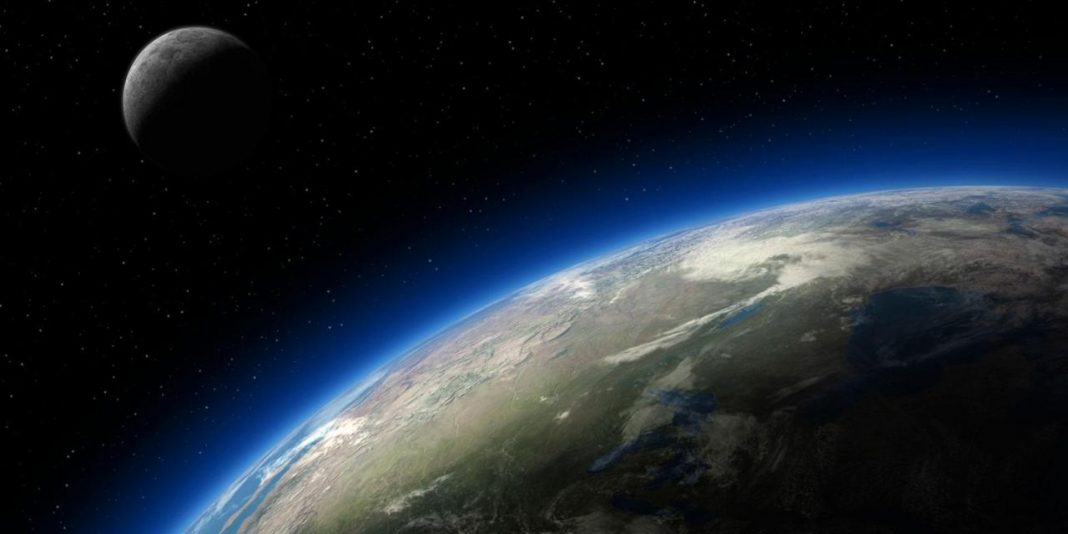Exciting times are coming in terms of space tourism, and not too far in the future, either. Some experts say that as early as next year we could see space tourism begin to take off. However, others are skeptical anything will happen that soon. One major factor to consider is the cost of the launch itself. A typical launch could easily cost six or seven figures as it stands. However, if reusable rockets were used instead this would bring the cost down tremendously.
“Unless space tourism is to remain exclusively for billionaires, then having vehicles that can be used again and again, with a low failure rate, is essential to a viable industry,” says Dr. Jaymie Matthews, a professor of Department of Physics & Astronomy at the University of British Columbia. SpaceX soared one step closer to their Mars Mission goals last month when it successfully reused an orbit-class booster. Blue Origin has also been making progress having landed its liquid-fuelled New Shepard rocket into suborbital space five times already in unmanned tests.
But, this is hardly enough to ensure the safety of hundreds or thousands or millions of space travelers is it? “Imagine the disastrous effect on the space tourism a catastrophic loss of tourists would engender – quite apart from the tragedy to the families,” says Alex Ellery, associate professor of mechanical and aerospace engineering at Carleton University and Canada research chair in space robotics and space technology. “It would kill the space tourism industry at its birth.” Neither company has managed to send any rocket into space with a passenger onboard, but SpaceX is planning on transporting astronauts to the International Space Station later this year.
One company involved in the space race is called the Space Adventures Company. They’ve already got seven spaceflights under their belt, including transporting a handful of wealthy Russians to the International Space Station for a cool $20 to $40 million a person. Although the U.S. Federal Aviation Administration licenses the launches, they take a back seat when it comes to safety and leaves that in the hands of the individual companies. “For now, the FAA requires only that participants be briefed on risks by the spaceflight company selling the tickets,” states Charles Oman, an aeronautics and astronautics researcher and lecturer at MIT.
Virgin Galactic lost a few followers after the fatal incident in 2014. However, they are now starting to bounce back and even Stephen Hawking has agreed now to go on a flight in Branson’s craft. Most companies are just setting their sights on traveling to the edge of space. Musk, however, has set his sights a little higher and is aiming to take two paying passengers on a flyby mission to the moon in 2018. There certainly are exciting times to come over the next 10 years. Will you be the next to sign up on a spaceflight?
More News to Read











